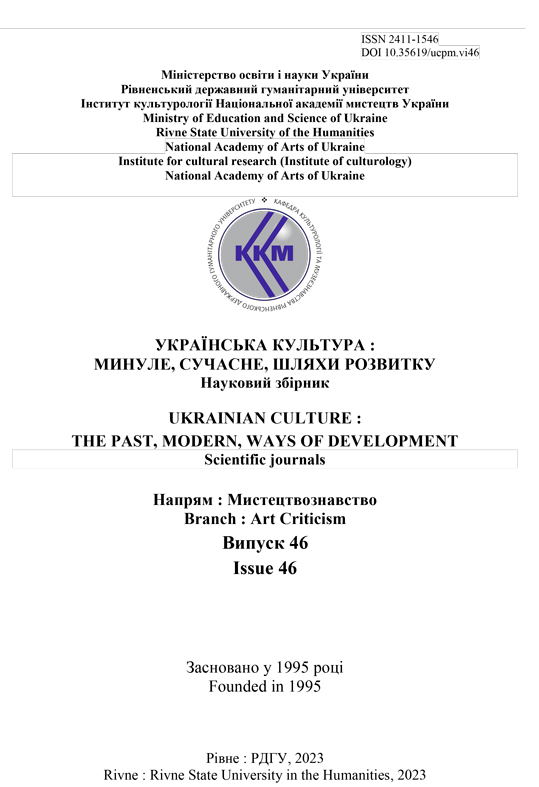ART DOCTORAL PROGRAMS: FOREIGN EXPERIENCE
DOI:
https://doi.org/10.35619/ucpmk.v46i.704Keywords:
Doctor of Arts, Doctor of Musical Arts, artistic doctoral programs, higher art educationAbstract
Relevance of research. The introduction of fundamentally new programs in art educational institutions, intended for the training of doctors of arts, raises a number of questions for the participants of this process. Studying the experience of such programs help to understand the dynamics of the process that led to the current reform in the doctoral training, as well as provide useful information about the organization of the educational process.
Main objective of the study. The purpose of the article is to define the features of artistic doctoral programs implemented in universities in the USA and European countries, highlighting their common features and main differences.
The research methods. The method of analysis and comparative method, as well as the method of generalization, are applied.
Results and conclusions. The examination of several types of doctoral art programs, which have been practiced since the middle of the 20th century or continue to be implemented today in institutions of higher education in the USA and European countries, made it possible to single out some existing common features and trends. Artistic programs have emerged
since their inception as an alternative to the research scholar (Ph.D.) training programs. Such programs are always focused on already acquired professional skills of talented artists who have proven their creative ability and are able to understand their own activity in the context of general artistic processes. All programs require free orientation in modern art.
The last twenty years have brought changes in this field (at least in the European educational space). Among the organizational ones, we note the unification of the general principles of building artistic doctoral programs, which makes some experts fear a potential loss of diversity. The content of the programs emphasizes the focus not just on modern art, but on its innovative manifestations. The process of implementation of the "Florentine principles" is at the initial stage, so the practice of training doctors of arts as the third level of higher education will require increased attention of practitioners and researchers.




